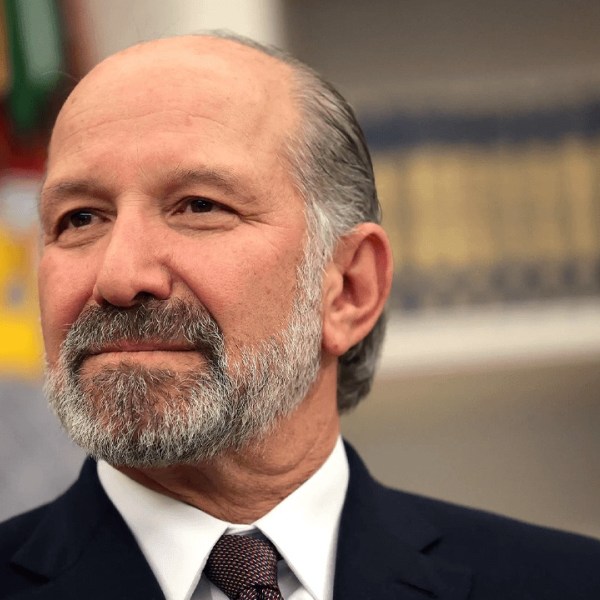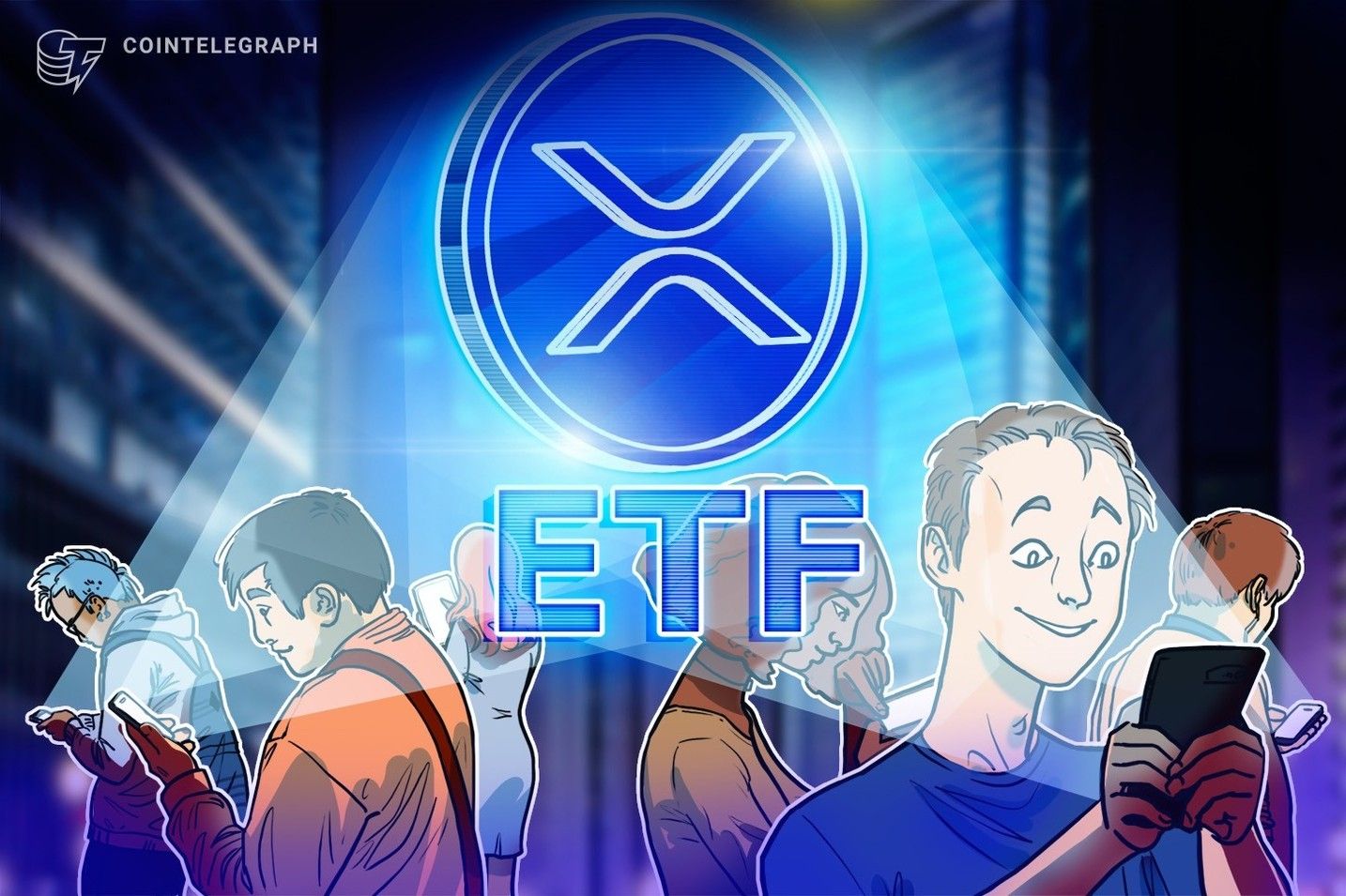Shareholders push back against high pay for public Bitcoin miner execs after record equity grants
Shareholders trimmed support for executive pay packages at leading US Bitcoin (BTC) miners to an average of 64% in this year’s proxy season, far below the over 90% approval norm across the S&P 500, according to a July 10 VanEck research note.
VanEck reviewed filings from eight listed miners and found average named-executive-officer (NEO) compensation climbed from $6.6 million in 2023 to $14.4 million in draft 2024 proxies.
Equity and other long-term instruments accounted for 79% of total pay in 2023 and 89% in 2024, well above the Russell 3000’s 63% and the energy sector’s 63% weighting.
Base salaries remained near industry norms at roughly $474,000, but equity grants increased significantly.
Riot Platforms’ CEO secured a $79.3 million 2024 stock award, nearly double Marathon’s $40.1 million grant and multiple times the peer averages. Meanwhile, Core Scientific (CORZ), which was emerging from bankruptcy, issued its CEO $39.5 million in stock as part of remuneration.
Say-on-pay votes show mounting resistance
CORZ, Riot, and Marathon (MARA) failed their 2025 advisory votes on compensation, garnering approval rates of only 38%, 32%, and 22%, respectively.
Industry-wide, six in eight companies missed the 70% support threshold that proxy adviser ISS flags as “low support,” a failure rate of 75% versus about 4% for the Russell 3000.
Investors also scrutinised dilution. Equity plan expansions equal to roughly 10% of the shares outstanding were approved at Terawulf and CORZ, while smaller increases were approved at Bit Digital, Hut 8, and MARA. Analysts warned that generous share reserves amplify insider dilution when awards vest on short timelines.
Gradual shift toward performance gating
Six of the eight miners now use performance stock units (PSUs) that vest on multi-year share price or total shareholder return targets, up from two in 2022. However, CleanSpark has yet to adopt PSUs, and Bit Digital has authorization but no issuance.
VanEck noted that most plans still rely on two to three-year vesting horizons and “as-achieved” equity, leaving alignment gaps with long-term value creation.
Comparing 2024 NEO pay with market cap gains shows stark dispersion: Riot’s $230 million aggregate NEO compensation equalled 73% of its market-cap increase, while Marathon’s 18% ratio and Core Scientific’s 2% ratio reflected better alignment.
VanEck concluded that boards can temper push-back by tying bonuses to cost-per-coin-mined to enforce operating discipline, linking long-term equity to return-on-capital metrics instead of absolute share-price targets, and extending vesting schedules and capping awards to curb dilution.
The post Shareholders push back against high pay for public Bitcoin miner execs after record equity grants appeared first on CryptoSlate.
Disclaimer: The content of this article solely reflects the author's opinion and does not represent the platform in any capacity. This article is not intended to serve as a reference for making investment decisions.
You may also like
Tom Lee: Ambition for $250,000 Gives Way to $100,000 Reality

USDT Rated Lowest: Why Are S&P and Tether’s Reserve Strategies at Odds?

Huge profits from crypto trading and investment banking revenue exceed 1 billion dollars! The former Wall Street employer of the U.S. Secretary of Commerce achieves its best performance in history, with her son serving as chairman.
With Lutnick entering politics, his son Brandon Lutnick has taken over as chairman, leading this Wall Street firm, which has been aggressively expanding in the crypto sector and maintains close ties with stablecoin giant Tether.

XRP ETFs absorb 80M tokens: Is a new bull trend starting for the altcoin?

